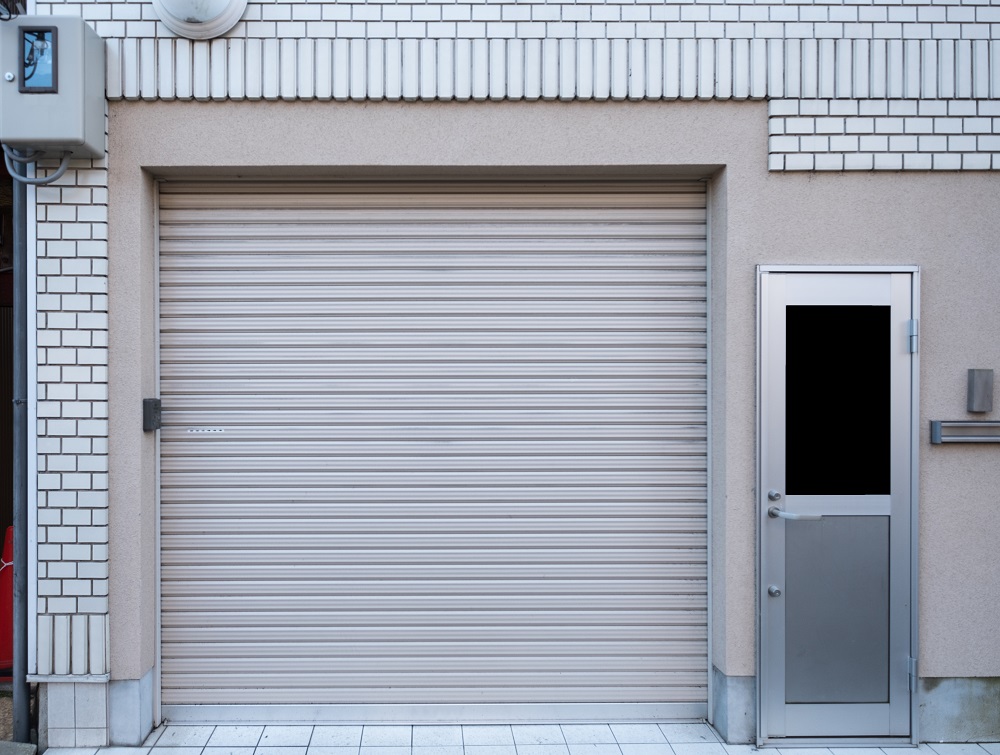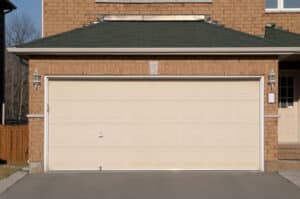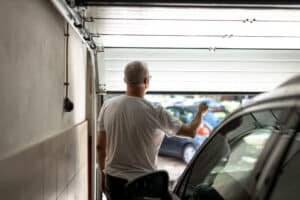How Lakewood’s Weather Affects Garage Door Performance
Table of Contents
- Key Takeaways
- Humidity and Moisture: The Silent Enemy
- Temperature Swings: Expansion and Contraction Stress
- Winter in Lakewood: Battling Freezing Temperatures
- Summer Heat: Protecting Your Door from the Sun’s Damage
- Wind and Rain: Weathering Lakewood’s Storms
- Choosing the Right Materials for Lakewood’s Weather
- Protecting Your Garage Door Opener
- Early Warning Signs to Look Out For
- Get Your Garage Door Ready for Lakewood’s Weather
Lakewood’s weather can be unpredictable and, at times, extreme. Whether it’s the scorching heat of summer, the freezing cold of winter, or the high humidity levels that come with Lakewood’s coastal climate, each element can contribute to the wear and tear of your garage door.
Understanding how these conditions affect your garage door and taking proactive measures will help extend its lifespan and make sure it continues to perform well throughout the year. At Select Garage Doors, we specialize in helping homeowners in Lakewood protect their garage doors from these weather challenges.
If you’re noticing any signs of wear or need advice on how to weatherproof your garage door, contact us today to schedule an inspection and make sure your Lakewood garage door is prepared for whatever the weather brings.
Key Takeaways
- Humidity and moisture are top threats to garage doors in Lakewood. They cause rust on metal parts and swelling or rotting on wood. Weather stripping and moisture-resistant coatings help reduce damage.
- Frequent temperature swings cause materials like metal and wood to expand and contract. This can lead to misalignment and early wear. Insulated doors and regular maintenance reduce the impact.
- Cold winters can freeze tracks, snap springs, and make metal brittle. Lubricating moving parts and sealing gaps helps prevent winter-related issues.
- Summer heat warps doors, fades finishes, and strains openers. UV-resistant coatings and good ventilation help protect doors and motors from heat damage.
- Wind and rain can loosen parts, let in water, and cause internal corrosion. Reinforcing the door and replacing old seals adds protection during storms.
- Material choice matters. Insulated steel or aluminum doors perform well in Lakewood’s varied climate. Wood looks great but needs more upkeep.
- Garage door openers also react to weather. Moisture can damage electronics, and extreme temperatures strain motors. A belt-drive opener and surge protector offer better reliability.
- Watch for early signs of trouble. Strange sounds, air drafts, and a struggling door all point to weather-related wear. Regular inspections catch problems before they grow.
- Routine maintenance saves money. Select Garage Doors offers inspections, repairs, and upgrades to help homeowners in Lakewood stay ahead of seasonal garage door damage.
Humidity and Moisture: The Silent Enemy
High humidity and moisture exposure are major weather-related threats to garage doors, particularly in coastal areas like Lakewood.
Rust and Corrosion
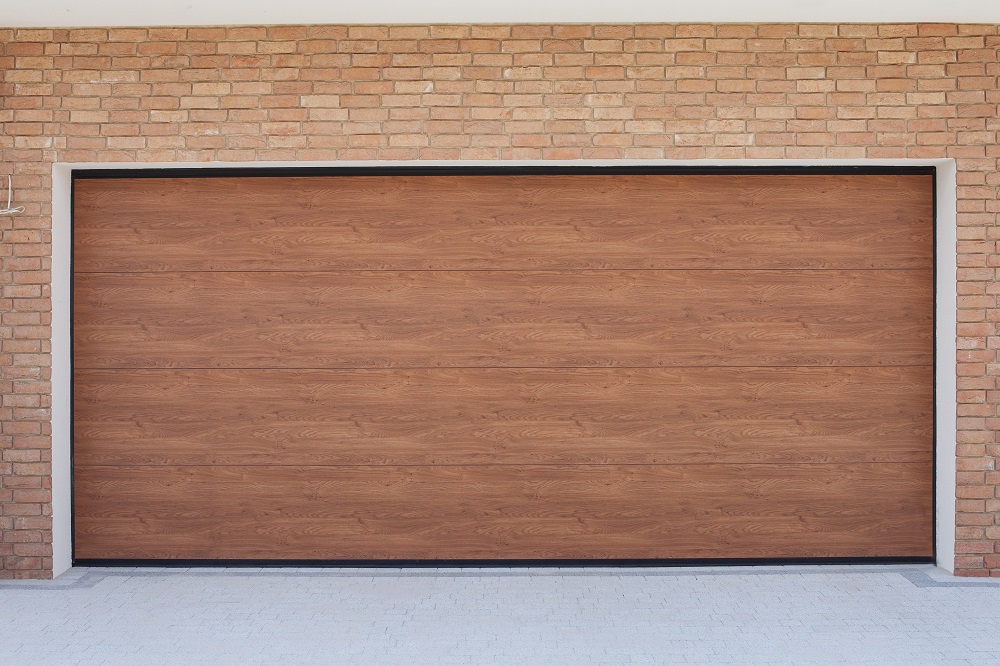
Wooden Door Damage
Wooden doors are especially vulnerable to damage from moisture. When exposed to high humidity, wood absorbs moisture, causing it to warp, swell, or rot. This not only affects the door’s function but can also impact its aesthetic value.
To reduce the effects of moisture, weather stripping is critical. It prevents water from infiltrating the door, which helps prevent rust and water damage. Also, applying a protective moisture-resistant coating to your door increases its longevity by making it more resistant to water penetration.
Temperature Swings: Expansion and Contraction Stress
Lakewood’s weather is also characterized by significant temperature fluctuations. The intense heat of summer and the freezing cold of winter create stress on garage door materials, especially metals and wood.
Misalignment
Temperature changes cause materials to expand and contract. This constant movement can lead to misalignment, which can create gaps around the door that let in cold air, moisture, and pests. Misalignment can also interfere with the smooth operation of the door, making it difficult to open and close properly.
Component Wear
The expansion and contraction can affect torsion springs, cables, and other metal components. Constant temperature swings create mechanical strain, which can cause premature wear and failure if not properly addressed.
Installing an insulated door helps minimize the impact of temperature fluctuations. Insulation keeps the internal temperature more stable, reducing the expansion and contraction of materials. Regular maintenance, such as lubricating moving parts, will also help prevent wear from temperature changes.
Winter in Lakewood: Battling Freezing Temperatures
Lakewood’s winters can be particularly harsh, and the freezing temperatures can cause serious issues for your garage door.
Brittle Springs and Cables
Cold weather can make the metal in springs and cables more brittle and prone to breaking. When the temperature drops, metal contracts, which increases the chances of failure. Springs play a vital role in the smooth operation of your door, and a failure here can result in costly repairs.
Frozen Tracks
Ice can build up in the tracks, preventing the door from opening or closing smoothly. When the tracks freeze, it can create obstructions that affect the door’s functionality.
Preventing these winter-related problems starts with regular maintenance. Lubricating the moving parts, including the springs and tracks, will help protect them from freezing. Sealing gaps around your garage door will help keep the cold air out and reduce stress on the door’s components.
If you have an attached garage, insulating the space will help maintain a more consistent temperature, which protects your door from extreme cold.
Summer Heat: Protecting Your Door from the Sun’s Damage
While winters in Lakewood can be cold, the summer heat can also take its toll on garage doors. Prolonged exposure to intense sunlight and heat can have major effects.
Warping and Fading
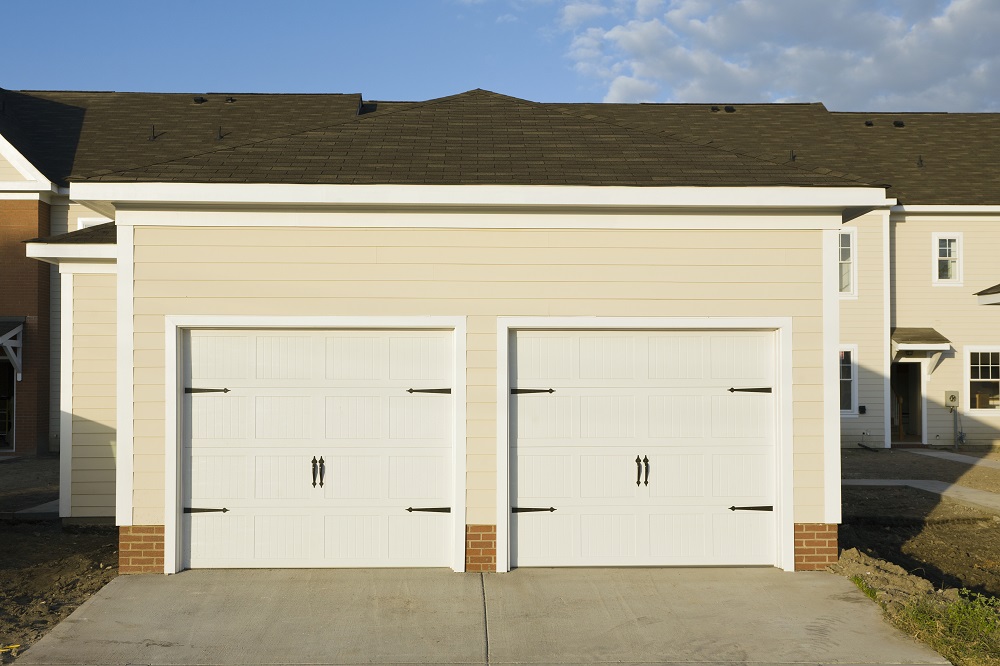
Overheating Openers
The heat can also affect your garage door opener. Excessive heat can cause the motor to overwork, which increases the likelihood of malfunctions or even failure.
To protect your Lakewood garage door from the damaging effects of the sun, apply a UV-resistant coating. This protective layer can help reduce fading and warping. Additionally, making sure your garage is properly ventilated can help regulate the internal temperature, reducing the risk of your opener overheating.
Wind and Rain: Weathering Lakewood’s Storms
Lakewood’s weather also brings heavy rain and strong winds, which can add additional stress to your garage door.
Wind Damage
High winds can exert pressure on the door and cause parts such as hinges, tracks, and panels to loosen or break. If the door is not properly reinforced, these strong gusts can cause significant damage, especially during storms.
Water Infiltration
Heavy rain can lead to water infiltration inside the garage, particularly if the door seals are damaged or worn out. Over time, this can cause rust, corrosion, and deterioration of metal parts.
Reinforcing your garage door with strong, weather-resistant materials will help it withstand wind damage. Adding new or upgraded weather stripping helps prevent water from entering, which reduces the risk of rust and moisture-related damage. If you live in a storm-prone area, consider investing in a storm-resistant garage door.
Choosing the Right Materials for Lakewood’s Weather
When selecting a garage door, the material is one of the most important factors to keep in mind, especially with Lakewood’s extreme weather conditions. Here’s a breakdown of common garage door materials and their performance:
Steel Doors
Steel is strong, durable, and weather-resistant, making it a great choice for handling Lakewood’s temperature swings. However, if the door is not properly coated, it can rust over time. Look for steel doors with rust-resistant coatings to prevent corrosion.
Aluminum Doors
Aluminum doors are lightweight and resistant to rust, but they are more prone to denting and may not perform as well in extreme weather conditions compared to steel.
Wooden Doors
Wooden doors offer aesthetic appeal and customization options but require regular maintenance to prevent moisture damage, warping, and rot. Wooden doors are not ideal for high-humidity areas unless they are treated with protective coatings.
Fiberglass Doors
Fiberglass is resistant to moisture and performs well in humid conditions. However, it can crack or become brittle in extremely cold weather.
For Lakewood, insulated steel or aluminum doors are often the best choice. These materials provide durability, moisture resistance, and energy efficiency, making them perfect for the area’s fluctuating weather patterns.
Protecting Your Garage Door Opener
Your garage door opener is just as susceptible to the effects of weather as the door itself. Here’s how weather conditions affect the opener:
Humidity
Excess moisture can seep into your opener’s electronics, causing malfunctions and performance issues.
Temperature Extremes
Cold weather can cause the motor to slow down, while hot weather can cause it to overwork and overheat.
To protect your opener, install surge protectors to guard against power surges during storms. If you live in an area with extreme temperatures, consider installing a belt-drive opener, which is more resistant to temperature fluctuations and generally operates quieter than chain-drive models.
Early Warning Signs to Look Out For
In Lakewood’s ever-changing climate, early detection of garage door issues is important to preventing costly repairs. Keep an eye out for:
Strange Noises
Grinding or scraping sounds may indicate misalignment, worn-out parts, or issues with lubrication.
Gaps or Drafts
Gaps around the door could point to misalignment or damaged weather stripping.
Struggles to Open or Close
If your door is sluggish or difficult to operate, it may be due to frozen parts, mechanical strain, or issues with the opener.
Regular inspections and professional maintenance will help you keep your garage door in optimal condition and avoid major repairs down the line.
Get Your Garage Door Ready for Lakewood’s Weather
Protecting your garage door from the elements is essential for maintaining its functionality and extending its lifespan. With Lakewood’s unpredictable weather, routine maintenance becomes even more important.
Whether you need to weatherproof your door, replace worn components, or schedule a thorough inspection, Select Garage Doors is ready to keep your garage door in top condition.
Call us today to set up an inspection and keep your garage door performing at its best, no matter what Lakewood’s weather brings.
REQUEST A QUOTE

Our Services
Service Areas
Service Areas
WE SERVICE COLORADO SPRINGS, PARKER, LAKEWOOD AND SURROUNDING AREAS


